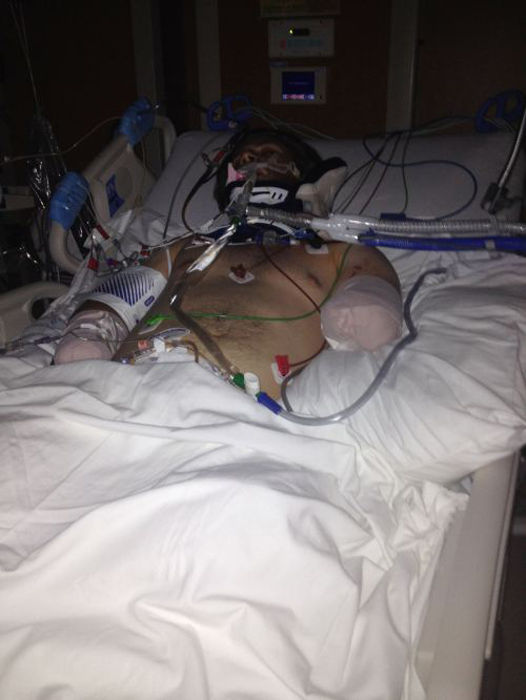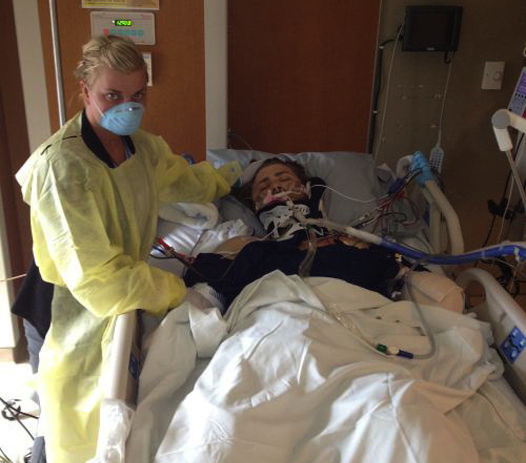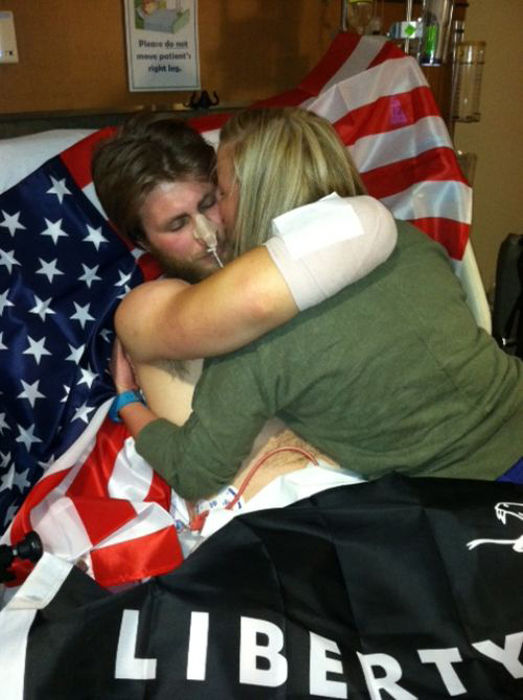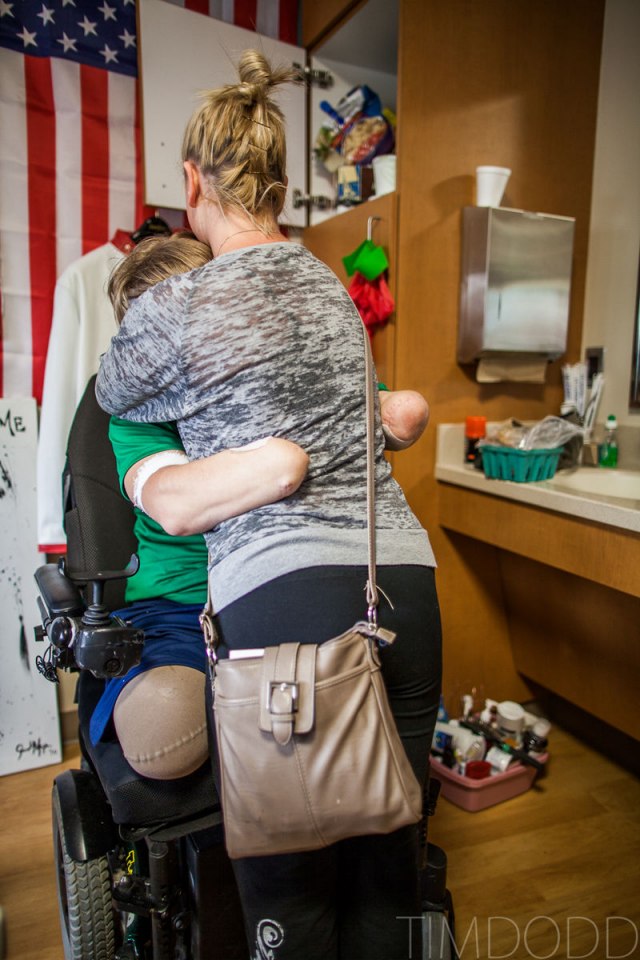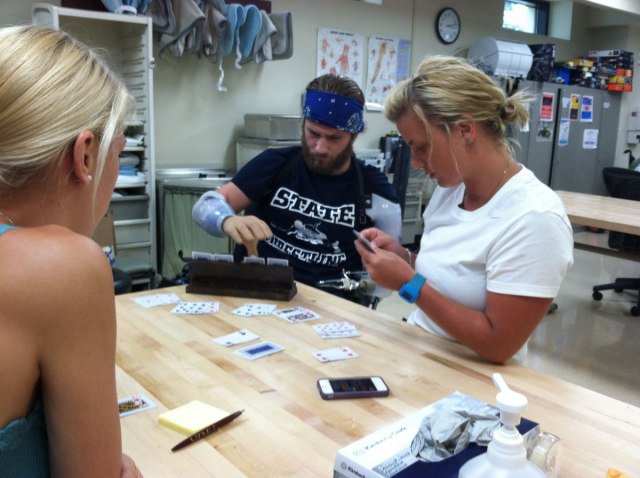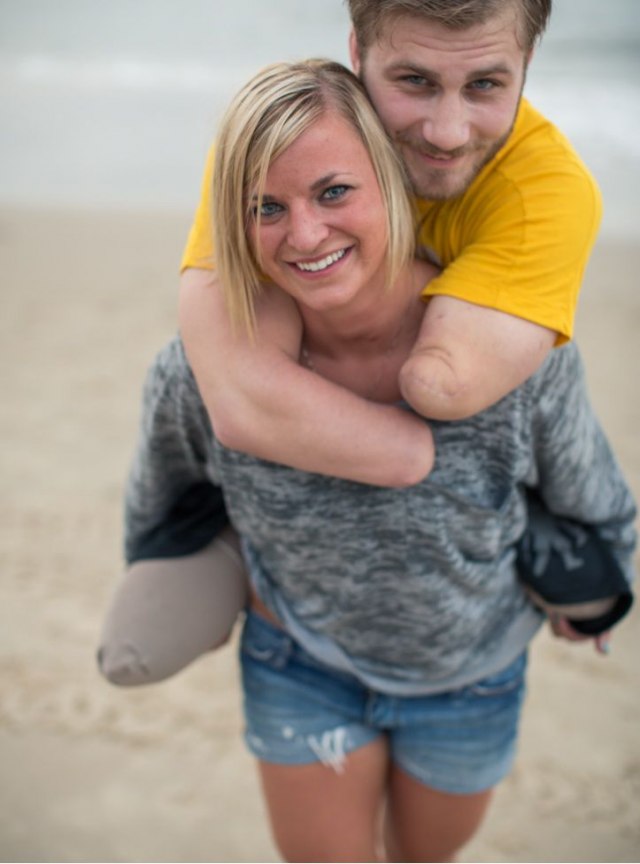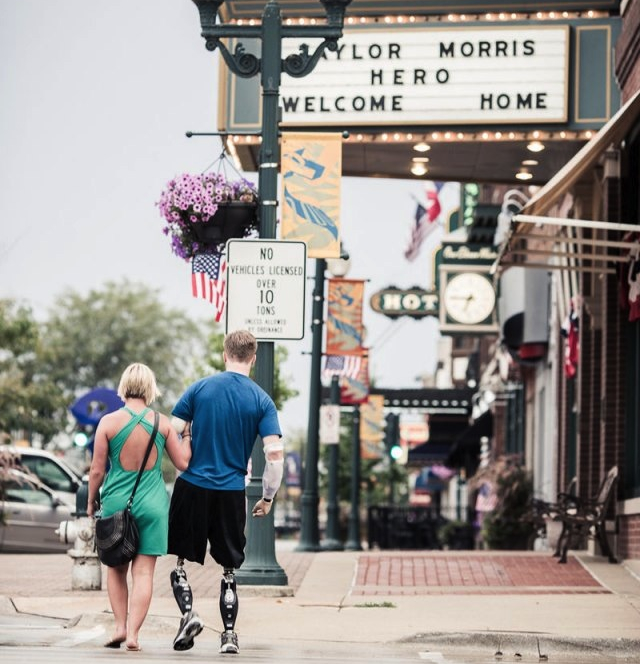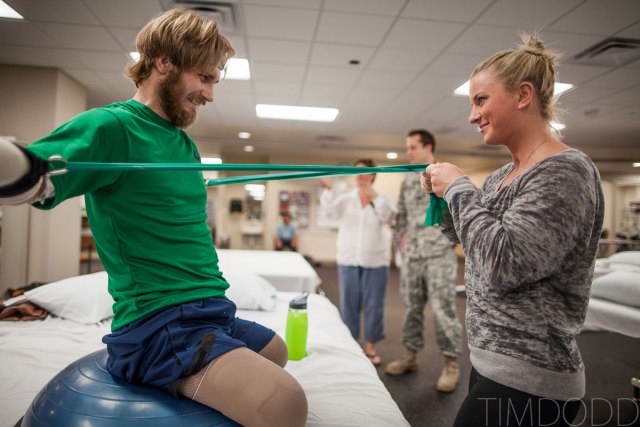Asperger’s disorder, pervasive developmental disorder not otherwise specified (PDD-NOS), and childhood disintegrative disorder (CDD) have been removed from the 5th and latest edition of the Diagnostic and Statistic Manual. These once distinct diagnoses have been encompassed in the main diagnosis of Autism Spectrum Disorder.
Also included in the new version are stricter guidelines for diagnosis of Autism Spectrum Disorder. The new criteria will require “more consistent social and communicative difficulties, as well as more of what are called “repetitive and restrictive behaviors”, as well as a diagnosis using three severity levels.” (Beth Greenfield, Shine).
David Kupfer, chair of the DSM-5 task force, states that “[t]his spectrum will allow clinicians to account for the variations in symptoms and behaviors from person to person.” However, many parents are worried about how many children will lose their “labels”. James McPartland, professor at the Yale Child Study Center, says that “[I]t’s not known what will happen to people who no longer meet criteria for autism in terms of services and care.” They may no longer qualify for assistance or benefits under an autism spectrum diagnosis.
The DSM-5 also comes with a new diagnosis – Social Communication Disorder. But, while social communication deficits are one aspect of autism spectrum disorder, “it’s unclear what the impact would be” because there is no protocol for how to deal with this diagnosis. How will insurance companies respond? “The DSM is the qualifier for services through the state, Medicaid, SSI – that diagnosis is the first thing they look for,” says Holly Bortfield of the nonprofit Talk About Curing Autism. “[T]here’s no curriculum… therapy wouldn’t be covered by insurance.” (Bortfield is the parent of a 17 year-old son with autism and a 19 year-old daughter diagnosed with Asperger’s).
Kupfer states that “[a]nyone accurately diagnosed with autistic disorder, Asperger’s disorder, childhood disintegrative disorder, or pervasive developmental disorder not otherwise specified using DSM-IV should still meet the criteria for ASD or another DSM-5 diagnosis.” But, according to a 2012 study performed by the Yale Child Study Center, 25% of individuals diagnosed with autism and 75% of individuals diagnosed with Asperger’s or PDD-NOS would not meet the new guidelines under the DSM-5.
While many are worried about what the new DSM-5 guidelines mean, others are confident that individuals with these kinds of diagnoses will still be covered. James Ball, author of “Early Intervention and Autism: Real-Life Questions, Real-Life Answers,” believes that the new DMS-5 will actually be “more inclusive of people, because it’s not going to make all these separations.”
What do you think the new DSM-5 means for individuals with a previous autism, CDD, or PDD-NOS diagnosis?
Information courtesy of Yahoo! Shine article “How Will the New Definition of Autism in DSM-5 Affect Children? Parents, Advocates Anxious Over Changes.” By Beth Greenfield. View the original article here: http://shine.yahoo.com/parenting/how-will-the-new-definition-of-autism-in-dsm-5-affect-children–parents–advocates-anxious-over-changes–152353760.html#!eBGlH






